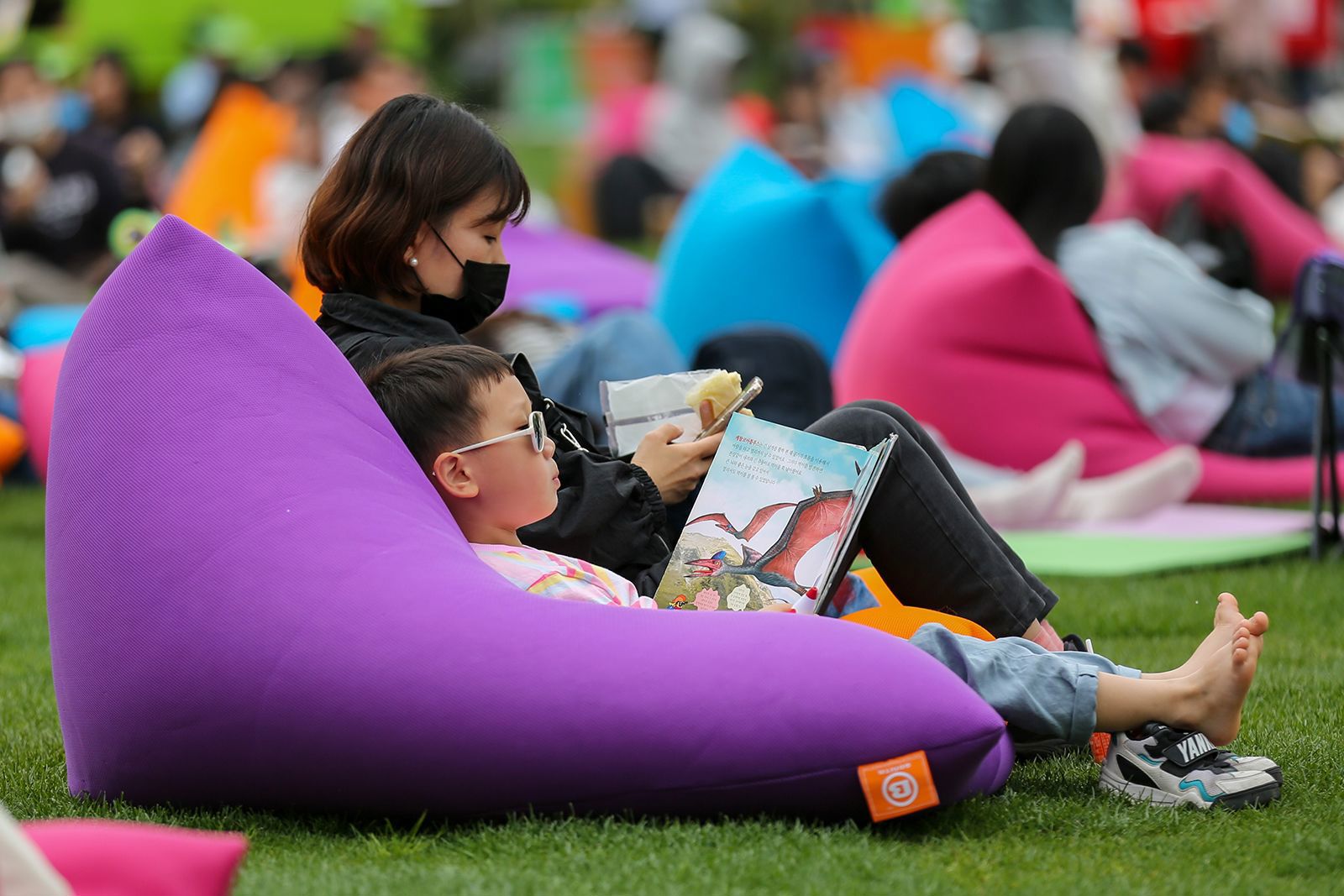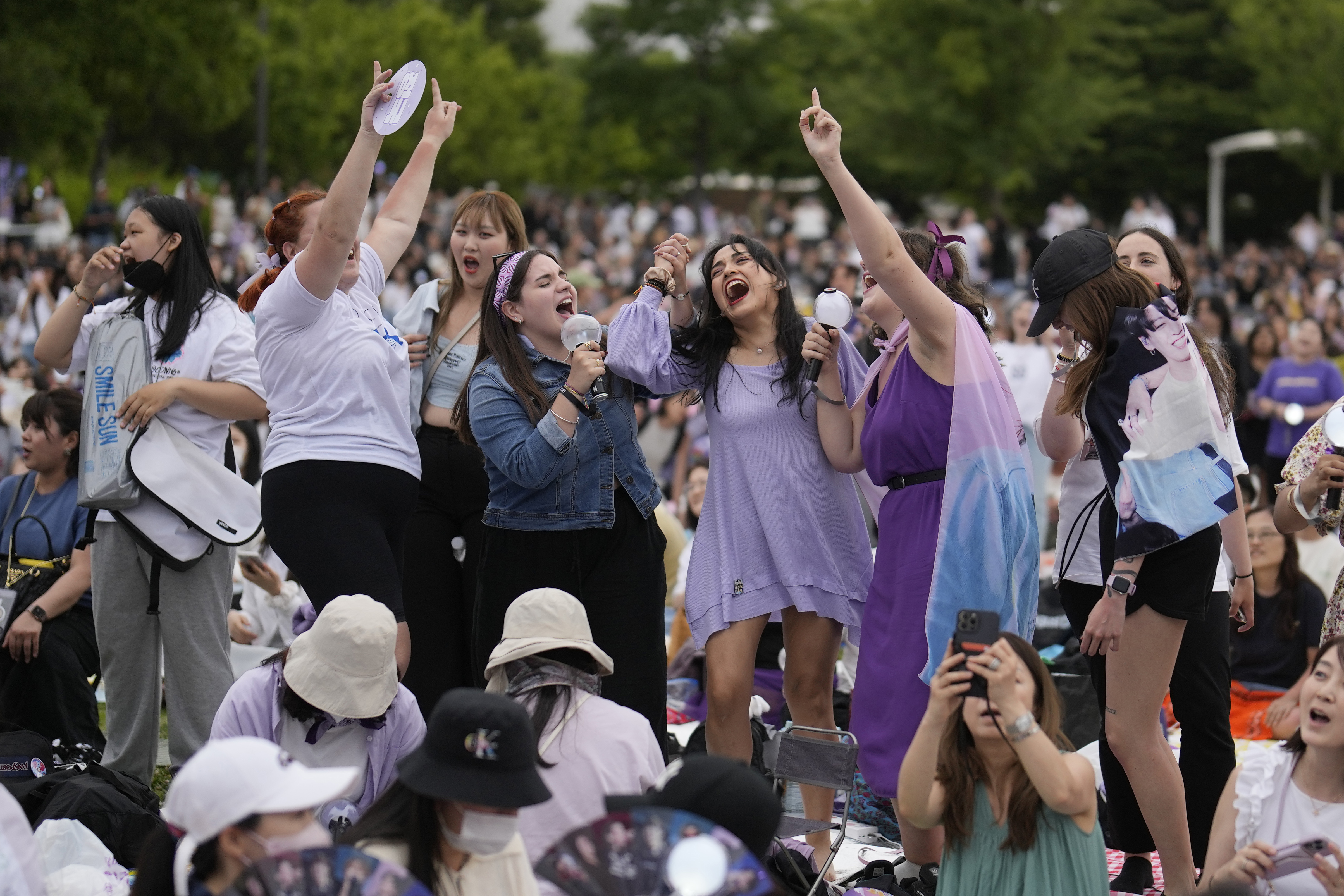More than 51 million people in South Korea have woken to find themselves a year or two younger — at least, according to the law.
Under legislation that came into effect on Wednesday, "all judicial and administrative areas" across the East Asian country will adopt the "international age" system used by most of the world, ending years of debate about the problems caused by the formerly common use of "Korean age" and "calendar age".
Standardising ages will "reduce various social confusions and disputes", said Lee Wan-kyu, the Minister of Government Legislation, at a news briefing on Monday.
READ MORE: Donald Trump sues E Jean Carroll for defamation

The law, passed by South Korea's Parliament last December, is also expected to "greatly reduce social costs that have been unnecessary due to the mixed use of age standards," Lee said.
He said this had been a major pledge by President Yoon Suk-yeol, who took office last May.
Three systems
In South Korea, "international age" refers to the number of years since a person was born, and starts at zero — the same system used in most other countries.
But when asked their age in informal settings, most South Koreans will answer with their "Korean age", which could be one or even two years older than their international age.
Under this system, which has its roots in China, babies are considered a year old on the day they're born, with a year added every January 1.
READ MORE: London jury seated in Kevin Spacey sexual assault trial on allegations more than a decade old

In some circumstances, South Koreans also use their "calendar age" — a mash-up of international age and Korean age — which consider babies as zero years old on the day they're born and adds a year to their age every January 1.
Take Gangnam Style singer Psy, for example. Born on December 31, 1977, he is considered 45 by international age; 46 by calendar year age; and 47 by Korean age.
If this sounds confusing, it is, with daily life in the country often switching between the hodgepodge of different systems.
READ MORE: Melbourne dancer survives rare flesh-eating infection

New standard
Even with the new standardisation, the old systems will still be used in some circumstances, the government said on Wednesday.
For instance, children typically enter elementary school in March of the year after they turn six years old (in international age), regardless of which month their birthday falls — which will continue.
Laws on age-restricted products like alcohol or tobacco will also be based on the year someone is born, regardless of month. This means two people born in January and December 1990 are judged to be the same age.
Under this law, people are allowed to buy alcohol starting in the year they turn 19 (in international age).
READ MORE: Detectives recommend charges against William Tyrrell's foster mother over 2014 disappearance
The same method will continue to be used for South Korea's mandatory military service — meaning people are eligible based on the year they were born, rather than their specific age or birth date.
"The government decided to contain such exceptions even after the revisions go into effect, as it is easier to manage such issues on a yearly basis," Lee said on Wednesday.
Many residents are likely to continue using the traditional Korean age system in day-to-day life and social scenarios, as is common.
But others may welcome the change; in a poll by the Ministry of Government Legislation, 86.2 per cent of respondents had said that they would use the international age system.
And it marks a victory for lawmakers who have spent years campaigning to standardise international age, fed up with the multiple systems.
Sign up here to receive our daily newsletters and breaking news alerts, sent straight to your inbox.
from 9News https://ift.tt/Rq1I35M
via IFTTT
Comments
Post a Comment